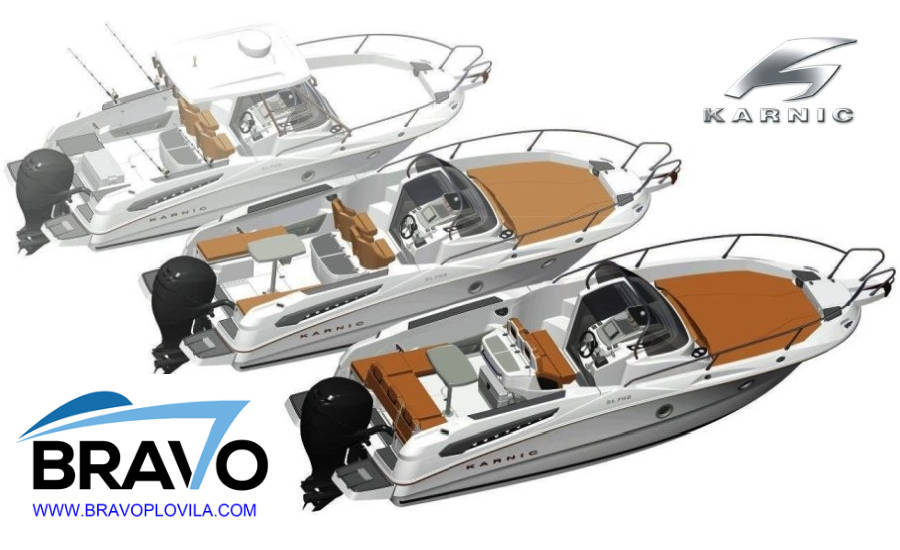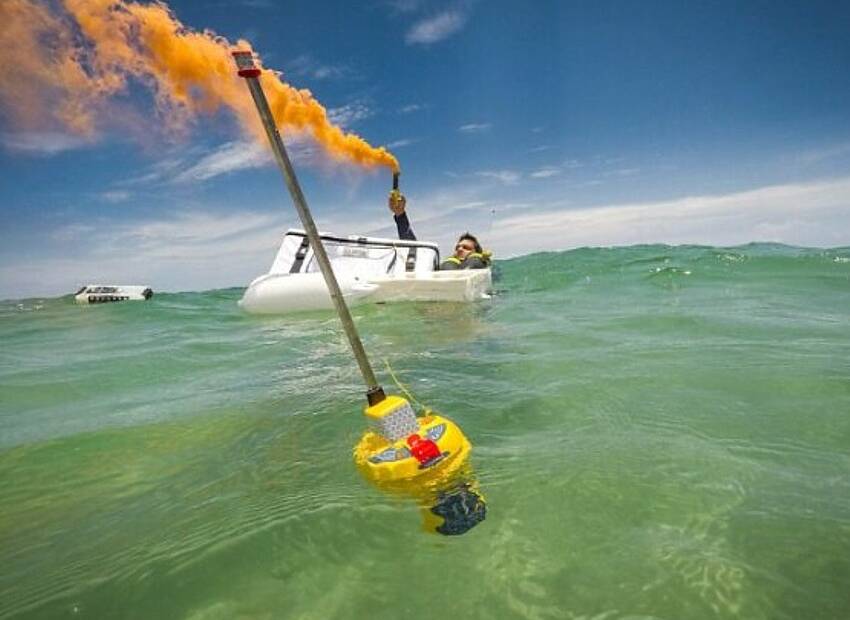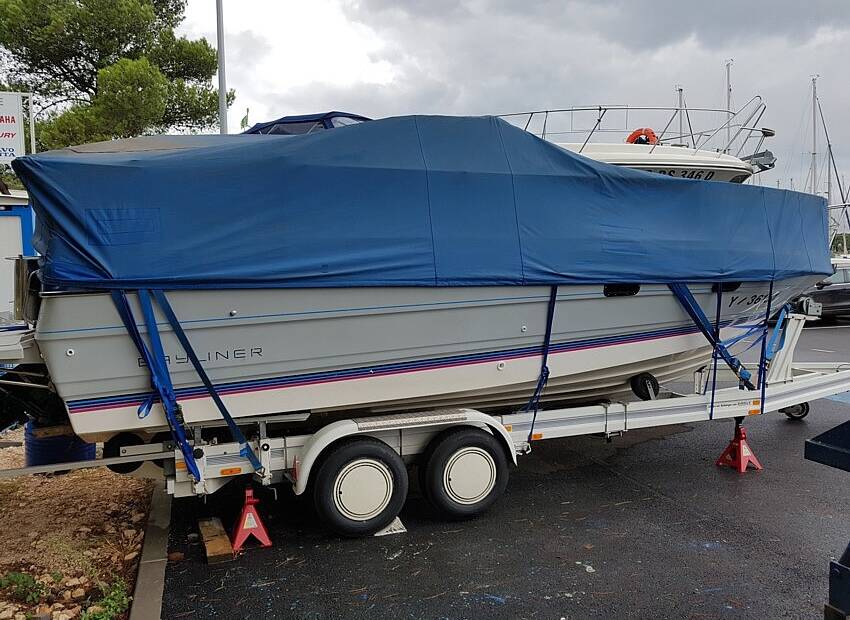Boating and swimming go hand-in-hand, but unlike a public pool or beach, boaters can't count on a lifeguard to watch over them. As this summer's sweltering heat wave drives more boaters to dive into the deep blue, the BoatUS Foundation for Boating Safety has these seven swimming tips:
1. Always ensure the engine is off. The best way to do this is to remove the key from the ignition, leaving it in plain view so everyone knows it won't start.
2. At marinas, stray electric current from poorly maintained boat electrical and shore power systems can kill swimmers. Three separate marina electrocution incidents over the July 4 holiday left four kids and one adult dead, and injured several others who had tried to come to their rescue.
3. Never dive in head first before confirming the water depth. Mistakenly diving into a shallow, mucky bottom may simply leave you bruised and looking more like the creature of black lagoon. However, diving head first into hard sandy bottom, rock or underwater obstruction could put you in a wheelchair. Deploy a boarding ladder first and ease yourself in to confirm water depth.
4. Never swim alone. If you're in the middle of the lake and swimming alone, there's no safety backstop in case you have a problem - which could be nearby boaters unaware of you.
5. It's always a good idea to have a life jacket or floating seat cushion close by (and tied to the boat) that swimmers can easily reach while in the water, or simply hang a dock line over the side. And even if you're a good swimmer, wearing a life jacket while in the water makes you nearly drown-proof.
6. Never swim under a boat's swim platform or near any boat with the engine running. You could strike the running gear or fall victim to carbon monoxide poisoning - it only takes a few whiffs of CO to leave swimmers incapacitated or unconscious. Also stay away from generator exhaust ports.
7. When boats and swimmers collide, boats always win. You're simply asking for trouble if you swim in navigation channels or marinas. Also never swim in area with strong river or tidal currents, which can swiftly sweep swimmers away from the boat.
For more information on boating safety programs from the BoatUS Foundation, such as the free Online Boating Safety Course or free Kid's Life Jacket Loaner Program, go to www.BoatUS.com/Foundation.






















